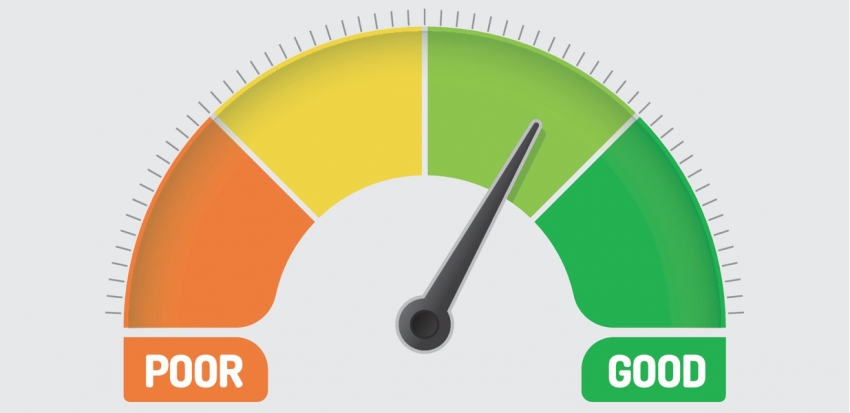Pay off debt
The more debt you owe, the lower your credit score is. So, if you can buckle down and get loans and credit cards paid off, you’ll see a jump in numbers. Make a plan to tackle those credit cards, auto, personal and student loans. As you pay off one debt, reallocate those funds to another to get them paid faster. Chances are you’ll continue to use credit cards even after you pay them off. That’s not a problem. Just be sure to keep balances low and not rack up unmanageable debt.
Pay bills on time
One of the easiest ways to keep your credit on track is to pay bills on time. Late payments ding your credit, and over time, that can add up! Utilizing MACU’s online bill pay can help. Setup auto-pay, so you’re never late again. Or, if you don't want to automate payments, set calendar reminders on your smart phone or computer. Do whatever it takes to make sure you’re not late.
Diversify
Part of your credit score is built on your history and what is assessed as your ability to use and manage credit. Not having enough of a credit history with diversified accounts will have a negative impact on your score. If you’re in debt, take care of that first, but then you can add something new in the mix to increase the breadth of your credit usage and history. Adding in a low-interest auto loan from MACU or a low-interest credit card are great ways to add to your credit history.
Be in the know and have a plan
The best thing you can do for yourself is to stay knowledgable about your own finances. Know your credit score, your loan balances, credit card balances, etc. And, in a world of online hacking, be sure to regularly monitor your credit report. Fix any errors right away. Finally, have a plan, and work your plan. Immediate gratification always pales in comparison to reaching your longterm goals. 
Remember: Your financial life is not a sprint. It’s a marathon. It may seem slow moving to increase your credit score, but it can be done over time, and you will reap benefits for years to come!
